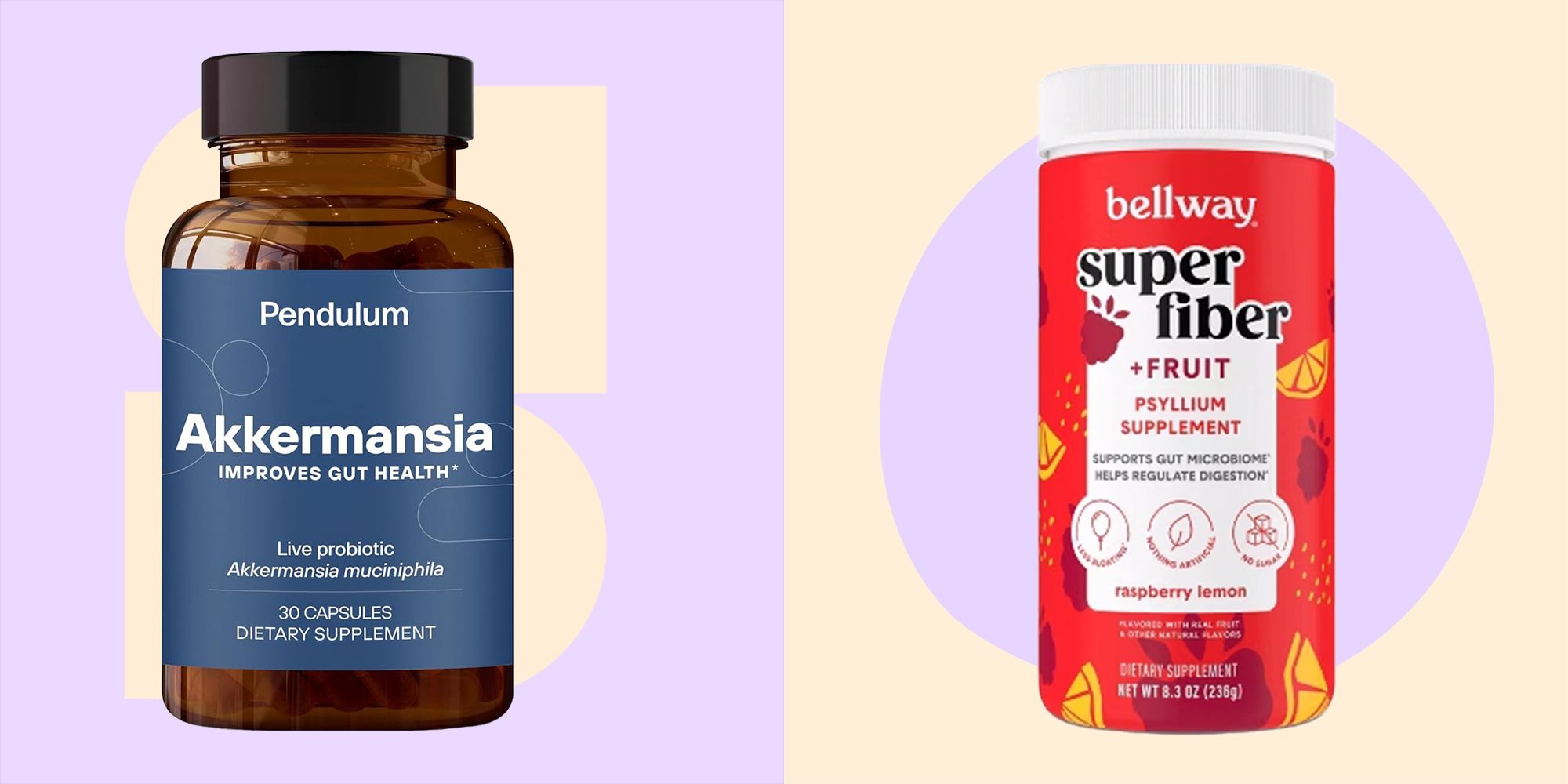How a Gut Health Supplement Can Improve Your Gut and Boost Immunity
How a Gut Health Supplement Can Improve Your Gut and Boost Immunity
Blog Article
Discover the Trick to Food Digestion and Resistance With Intestine Wellness Assistance

Understanding Digestive Tract Wellness
Comprehending intestine health is critical for general health, as it plays a substantial function in food digestion, immunity, and even psychological wellness. The intestine, making up the intestinal tract, is liable for breaking down food, soaking up nutrients, and removing waste. A balanced digestive tract setting ensures effective food digestion, enabling the body to utilize nutrients properly.
Moreover, digestive tract health and wellness significantly impacts the body immune system. The intestine houses a considerable section of the body's immune cells, and a healthy and balanced gut can help ward off pathogens and minimize swelling. Disturbances in intestine wellness can lead to an overactive immune action, possibly adding to autoimmune problems and allergic reactions.
Additionally, the intestine is frequently described as the "2nd mind" as a result of the gut-brain axis, an intricate interaction network connecting the intestine and the mind. This link affects state of mind, cognition, and emotional wellness. Concerns such as dysbiosis, characterized by a discrepancy in digestive tract germs, have been related to mental health and wellness conditions, including anxiousness and clinical depression.
The Digestive Tract Microbiome Explained

The gut microbiome, a diverse area of microbes living in the gastrointestinal tract, plays a crucial function in preserving gastrointestinal health and total wellness. Comprising trillions of microorganisms, viruses, fungi, and other microbes, this complex ecological community aids in the food digestion of food, the synthesis of vital nutrients, and the law of metabolic procedures.
Each individual's digestive tract microbiome is distinct, influenced by aspects such as diet plan, lifestyle, genetics, and environmental direct exposures. A well balanced microbiome supports optimum digestion by damaging down complicated carbs, generating short-chain fatty acids, and helping with the absorption of nutrients. On the other hand, an inequality, commonly referred to as dysbiosis, can cause digestion problems, including irritable bowel syndrome (IBS) and inflammatory bowel illness (IBD)
Research has actually demonstrated that a varied microbiome is connected with better wellness outcomes, underscoring the relevance of nutritional choices in nurturing these microorganisms. Foods abundant in fiber, probiotics, and prebiotics, such as fruits, vegetables, and fermented products, can promote a healthy and balanced microbiome. Understanding the digestive tract microbiome is essential for creating targeted treatments aimed at enhancing digestion health and wellness and stopping intestinal illness.

Connection In Between Digestion and Immunity
A durable link exists between food digestion and resistance, highlighting the critical duty of the gut in keeping general health and wellness. The gastrointestinal system is home to trillions of bacteria that create the intestine microbiome, which substantially affects both immune feedbacks and digestive system processes. This complex ecological community aids in damaging down food, taking in nutrients, and giving crucial metabolites that support immune feature.
When digestion is efficient, the intestine obstacle stays undamaged, avoiding damaging microorganisms from going into the bloodstream. Around 70% of the immune system resides in the gut-associated lymphoid tissue (GALT), which communicates very closely with the gut microbiome.
Tips for Supporting Intestine Health
Supporting gut health and wellness is essential for preserving both gastrointestinal efficiency and a well-functioning immune system. To promote optimum digestive tract health, take into consideration including numerous useful strategies right into your daily regimen.
First, focus on hydration. Consuming ample water supports digestion and aids maintain the mucosal cellular lining of the intestinal tracts. Furthermore, normal check that physical activity can improve intestine motility and advertise a diverse microbiome.
Mindful eating techniques are also necessary. Eating food extensively and consuming gradually can aid food digestion and protect against overeating, which may stress the digestive tract. Taking care of tension through strategies such as meditation, yoga, or deep-breathing exercises can favorably influence gut wellness, as stress and anxiety is understood to disrupt digestion processes.
Including prebiotics and probiotics right into your program is one more efficient approach. While specific foods will be discussed later, comprehending the relevance of these parts is important. Prebiotics act as food for helpful gut bacteria, while probiotics present real-time beneficial organisms.
Finally, stay clear of excessive use of antibiotics, as they can disrupt the equilibrium of gut vegetation. By adhering to these suggestions, you can substantially add to the maintenance of a healthy gut, which is crucial for general health and wellness and vitality.
Foods That Promote Digestive Tract Health

Fermented foods, such as yogurt, kimchi, sauerkraut, and kefir, are abundant in probiotics, which are helpful microorganisms that support gut flora and improve digestion. These foods can assist bring back balance in the intestine, especially Find Out More after antibiotic usage or digestive disturbances.
Along with fermented options, prebiotic foods, such as garlic, onions, asparagus, and bananas, function as nutrients for these probiotics, promoting their growth and activity. These soluble fibers support digestive tract mobility and can reduce problems like irregularity.
Furthermore, integrating high-fiber foods, consisting of whole grains, vegetables, legumes, and fruits, is vital for keeping a healthy gut. Fiber aids in routine bowel movements and assists stop digestive system problems.
Finally, omega-3 fatty acids found in fatty fish, flaxseeds, and walnuts have anti-inflammatory residential properties that can further sustain digestive tract wellness. Stressing these foods in your diet regimen can cause a robust digestive system and boosted immune feature.
Verdict
In verdict, prioritizing gut health and wellness is necessary for optimizing digestion and boosting resistance. A well balanced gut microbiome, influenced by view website dietary options and way of living factors, plays a vital duty in nutrient absorption and inflammation decrease.
Understanding digestive tract health and wellness is critical for overall health, as it plays a significant duty in digestion, immunity, and also psychological health and wellness. The digestive tract houses a significant portion of the body's immune cells, and a healthy digestive tract can aid fend off pathogens and decrease swelling.In addition, the digestive tract is typically referred to as the "2nd mind" due to the gut-brain axis, an intricate communication network linking the gut and the brain.A robust link exists in between food digestion and resistance, highlighting the crucial role of the gut in preserving general health and wellness.In verdict, prioritizing digestive tract health is important for enhancing food digestion and enhancing immunity.
Report this page